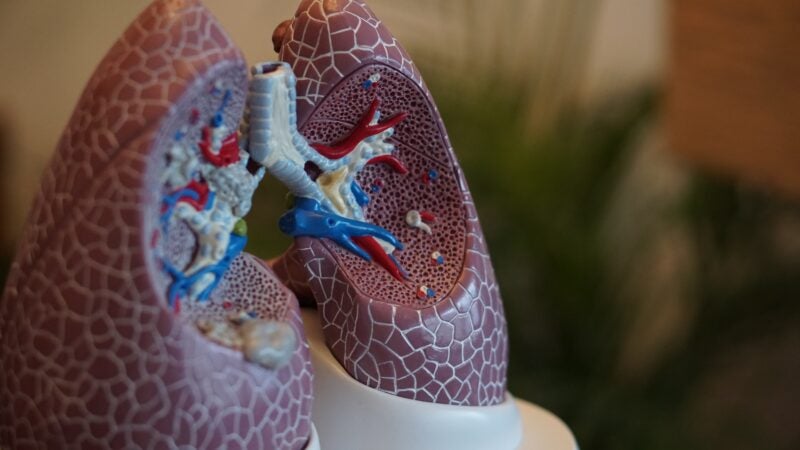
Renovion has enrolled the first subject in a Phase II clinical trial of investigational nebulised therapy, ARINA-1, for the treatment of adult non-cystic fibrosis bronchiectasis (NCFBE) patients.
The randomised, multicentre, double-blind, placebo-controlled trial will assess the safety and efficacy of ARINA-1 nebulised twice a day in NCFBE patients with excess mucus and cough.

Discover B2B Marketing That Performs
Combine business intelligence and editorial excellence to reach engaged professionals across 36 leading media platforms.
The company plans to enrol nearly 55 subjects across nine US sites.
A new therapy delivered to the lungs for treating pulmonary diseases, ARINA-1 clears mucus and lowers damaging inflammation in the airways, thereby restoring lung health.
Renovion chief scientific officer Carolyn Durham said: “ARINA-1 has been shown to have significant mucolytic activity, as well as robust anti-inflammatory properties.
“Mucus and inflammation are hallmarks of NCFBE, and by directly targeting mucus and inflammation with a therapy nebulized directly to the airway, ARINA-1 has the potential to change the course of disease for these patients and alleviate mucus symptoms.”

US Tariffs are shifting - will you react or anticipate?
Don’t let policy changes catch you off guard. Stay proactive with real-time data and expert analysis.
By GlobalDataApart from this trial in NCFBE, the therapy is set to be analysed in studies in chronic inflammatory airways ailments such as pre-bronchiolitis obliterans syndrome (pre-BOS) in bilateral lung transplant, and non-tuberculosis mycobacteria-pulmonary disease (NTM-PD).
A chronic pulmonary ailment, NCFBE leads to permanently dilated airways as a result of a vicious cycle of mucus, inflammation, and infection.
Such patients have life-altering mucus symptoms and chronic cough.
Stagnant mucus frequently traps bacteria, causes exacerbations, and raises shortness of breath, which results in clinical decline.
At present, there exist no treatments approved by the Food and Drug Administration for NCFBE and its linked mucus symptoms.
In June 2020, the company raised $8.1m in a Series A funding round led by White Rock Capital Management.





